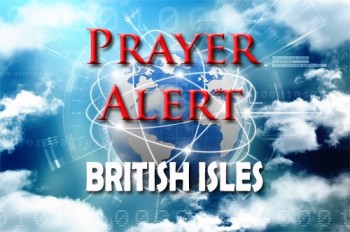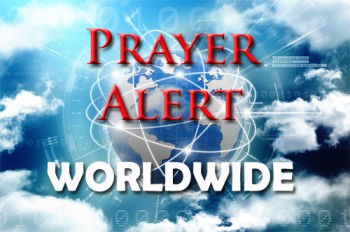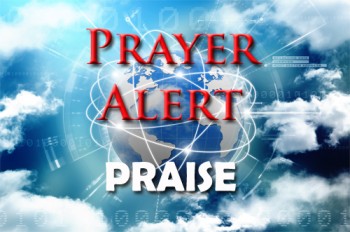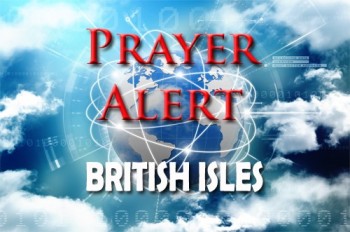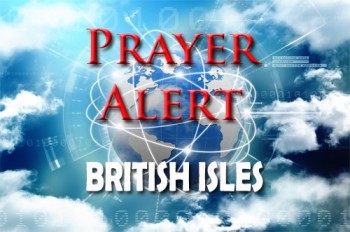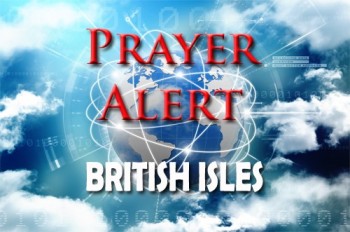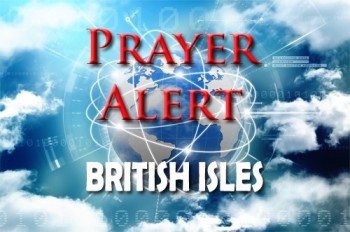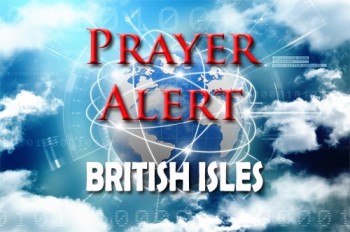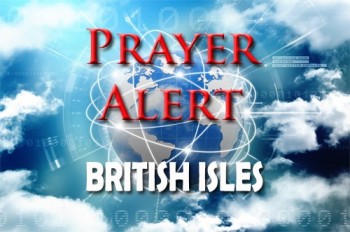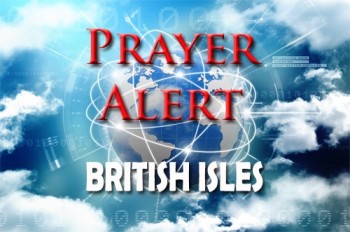Displaying items by tag: British Isles
Face-to-face teaching in universities
Universities are urged to provide face-to-face teaching when students return this term. Ex-education secretary Gavin Williamson said students should expect to be taught ‘in-person and alongside other students’, although it would be right to stay online when there's a ‘genuine benefit to using technology’. But he warned university leaders, ‘I do not expect to see online learning used as a cost-cutting measure.’ He said that parents would find it odd if students could go to other social activities but were not allowed back into lecture halls. Record numbers of 18-year-olds will be starting university this autumn, and Mr Williamson, speaking via a video link, said students were craving a ‘return to normality’. Teaching students in-person allows them to benefit from the ‘conversations you have around the margins’, and from the support of other students.
USA and Britain help Australia to thwart China
The USA and Britain announced they would help Australia deploy nuclear-powered submarines (not nuclear-armed), taking a major step in challenging China’s broad territorial claims of its exclusive zone in the South China Sea. The announcement is a major step for Australia, which until recent years has been hesitant to push back directly at core Chinese interests. The decision to share technology for naval reactors, even with a close ally, is a major move for President Biden and bound to raise protests by the Chinese and questions from American allies.
Injured MP to walk marathon for ‘amazing charity’
Rehman Chishti, former PM’s special envoy for freedom of belief, heard of Action for the Church in Need when it brought Asia Bibi’s husband and daughter to see him. He became more familiar with how ACN aims to make the lives of persecuted people better, and decided to run the London marathon in October on its behalf. However, he slipped a disk, causing serious injury that initially left him barely able to stand. Now he will do the 26 miles walking five kilometres every other day. It is the most he can do due to pain. He said, ‘I will do the walk in segments as I can’t risk injuring myself any more. To me, politics is about fulfilling your commitments. On that basis I am adamant I will do that by walking the duration of the marathon.’
One million more Covid internet gamblers
Online betting rose significantly during the pandemic, the Gambling Commission has confirmed. Figures from the industry watchdog show a 12% rise in the number of adults gambling on the web between 2019 and 2020. Half of those did so using a mobile device, such as a smartphone. Matt Zarb-Cousin of Clean Up Gambling said, ‘Online gambling exploded in lockdown, with firms posting record profits. At least 60% come from those experiencing gambling problems, and online slots provide most of the revenue.’ He added, ‘Consumer protections, such as limits to stakes on slots, as on fixed-odds betting terminals, are badly needed in the gambling review.’ Researchers discovered that 21% of the 10,000 gambling premises in Britain are in the most deprived areas of the country, with only 2% in the least deprived areas.
Refugees in UK need so much
A Brighton doctor helping recently-arrived Afghan refugees in the UK said it was ‘very emotional’ witnessing children beginning to play and smile again. ‘Many arrived dehydrated, malnourished and exhausted after days waiting outside the airport in Kabul,’ said 27-year-old Dr Luke Tester. ‘I can't imagine the suffering they must have gone through.’ He praised the resilience of the refugees, with many arriving unwell and without any possessions. ‘People are exhausted and ill, having gone through the unimaginable, but are still comforting each other. Children who are realising they're safe are beginning to play and smile again. There's been such amazing support for these people from the public; I just hope it continues.’ he said. The British Red Cross said that over £1m had been raised so far to help provide the refugees with essentials such as food, warm clothing, blankets and wash stuff.
School uniforms unaffordable
The average cost of uniform for a primary school child is £315, £337 for a secondary pupil, according to the Children's Society. Sadly, a law to make schools place affordability at the centre of their uniform policy will not be in place in time for the start of this school year, meaning that parents will not benefit from the changes until September 2022. The rules will limit the number of logos on uniforms, allowing parents to buy more items from supermarkets and shops other than a school's main supplier. Meanwhile clothes banks like Cradley Heath Community Link are offering school uniforms and PE kits which have been donated. They are providing uniforms for nine schools in the area at no cost, and are inundated with requests. One visitor, Darren Wright, said that if he had to buy it he’s looking at £300 for one child, impossible for people on Universal Credit. See
BBC’s admission of bias
Last week, Ofcom publicly withdrew from Stonewall’s Diversity Champions programme, citing as the reason a need to avoid conflict or a risk of perceived bias. They are the latest in a growing list of government departments and public bodies to acknowledge that the advice given by Stonewall is highly partisan, often factually inaccurate, and sometimes misleading. None of this, however, appears to have impacted on the BBC. In a statement issued on 26 August, the corporation defiantly repeated its commitment to workplace inclusion, saying it would remain associated with Stonewall’s LGBTQ+ Diversity Champions’ programme. A sizeable number of BBC staff are deeply unhappy with this. Senior presenters have complained that continuing support for the controversial programme indicates clear bias and partiality, with one commenting, ‘if we’re all being lectured about impartiality, and quite rightly so, why are we signed up to a scheme that is obviously partial?’
NHS needs extra £10bn next year
Health bosses say that patients will be put at risk unless the NHS receives an extra £10bn next year to recover from the pandemic. A five-year settlement will see the funding increase by £33bn by 2023-24, but Covid has added to costs in a way that could not have been envisaged when Theresa May's government agreed the settlement in 2019. NHS leaders say the pandemic has led to pressures never seen in the history of the health service. Hospital layouts have had to be overhauled, services moved off site into new buildings, extra infection control procedures have been brought in, and the scale of sickness being seen means extra staff are needed to care for patients. At the same time, there is a growing backlog of traditional care such as hip and knee operations. Instead of budget growth by £4bn under the existing settlement, NHS leaders need almost £15bn.
HGV driver shortages
Many businesses are complaining about the UK's shortage of lorry drivers causing serious supply chain problems. The coronavirus pandemic, Brexit, and tax changes have contributed to a lack of qualified drivers. The shortfall is 100,000 workers. Tom Reddy has driven lorries for over 15 years. His pay recently increased from £17.50 an hour to £24.50 - a 40% jump. ‘I've never known anything like it,’ he said. ‘But they could pay me £80,000 a year and it wouldn't be enough. I want to leave.’ While Brexit is a factor, it is the shifts, regularly sleeping in a lay-by and the rude way in which members of the public talk to him that make him no longer want to continue in the job. He also blames gender imbalance in the workplace, racism, and xenophobia. While he welcomes moves by the industry to give attention to drivers’ mental health, this isn't enough for him.
The Good Childhood Report
The Children’s Society said modern life continues to erode young people’s happiness and children deserve drastic changes. 306,000 10- to 15-year-olds are unhappy with their lives: in 2010 it was 173,000. ¼ million children did not cope with changes during the pandemic. 1 in 7 girls and 1 in 8 boys are unhappy with their looks, and 1 in 9 children are unhappy with school. Society is tragically failing our children. At school they are pressurised to wear make-up and have the right figure. Children unhappy with their lives at 14 are most likely to have mental health issues by age 17, including self-harm and suicide attempts. Pray for those suffering with mental health issues to come up out of the pit into the light of life.
